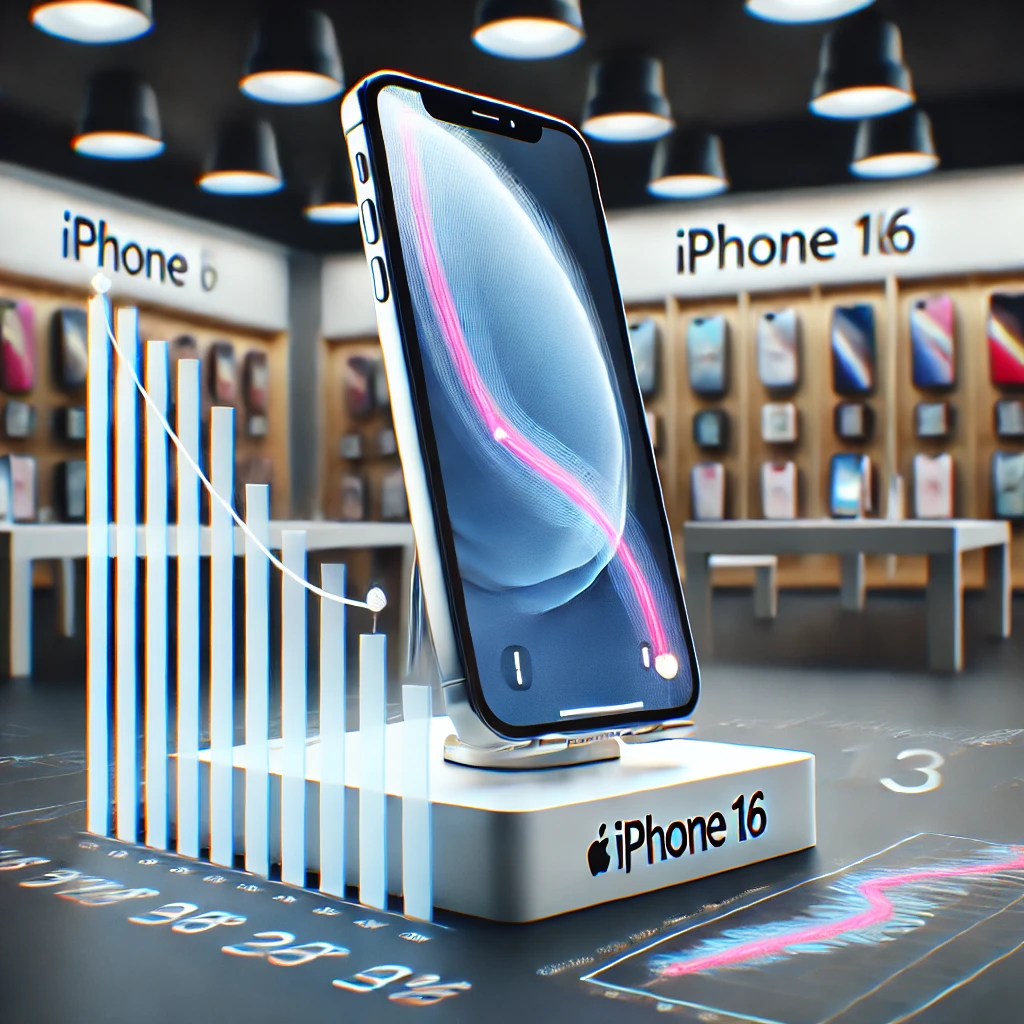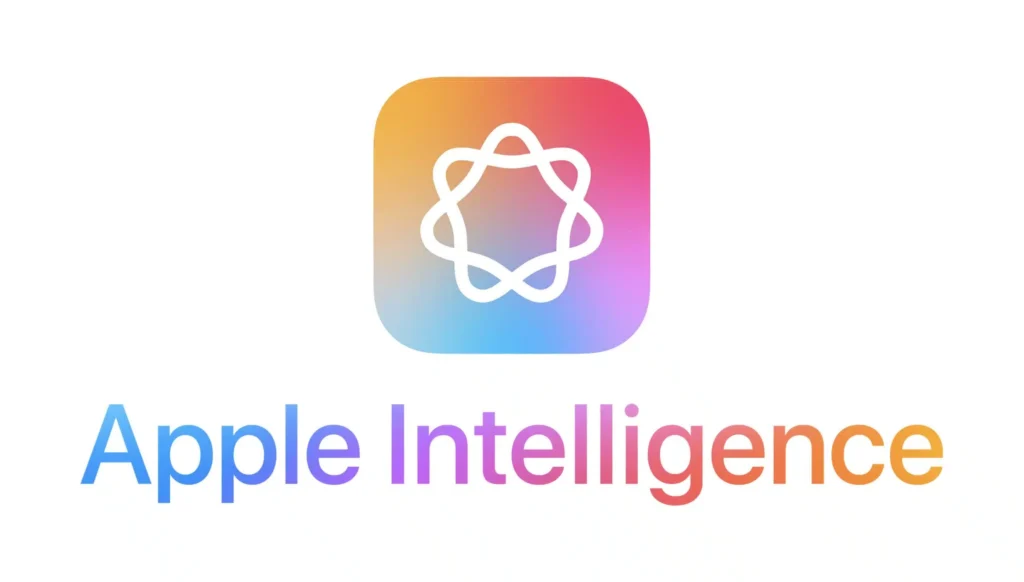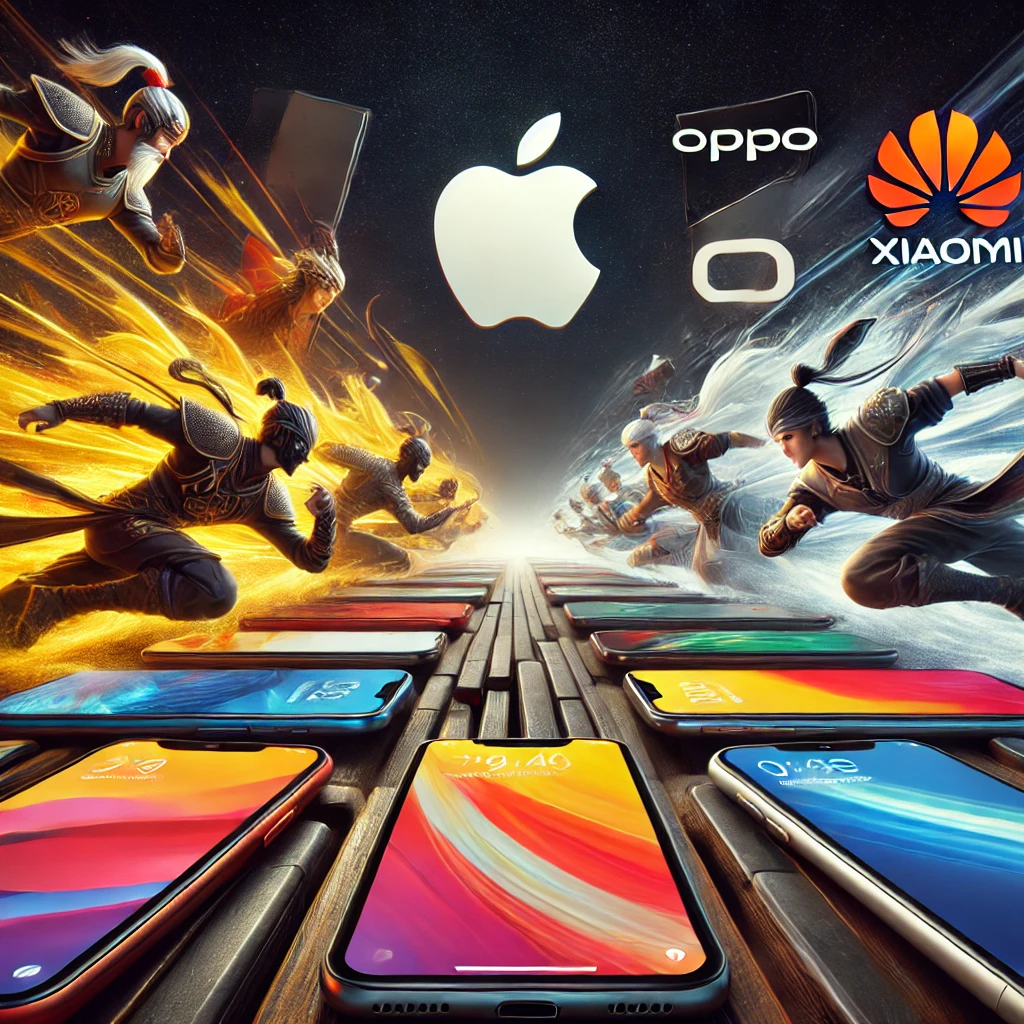![]()

Apple’s latest iPhone 16 series has arrived with fanfare, but early reports suggest that the demand for the Pro models has been significantly underwhelming. Historically, Apple’s Pro models, featuring cutting-edge technology and premium features, have led the charge in driving the company’s revenue. However, this year, both the iPhone 16 Pro and Pro Max are seeing lower-than-expected pre-orders, especially when compared to their predecessors, the iPhone 15 series. This slowdown in demand signals a potential challenge for Apple in retaining its strong foothold in the global smartphone market.
Pre-orders for iPhone 16 Pro Fall Short of Expectations
According to renowned analyst Ming-Chi Kuo, the iPhone 16 series garnered 37 million pre-orders during its launch weekend—nearly 13% short of last year’s iPhone 15 figures. Notably, the Pro models, which are typically Apple’s highest-grossing devices, suffered the most significant drop. For example, pre-orders for the iPhone 16 Pro Max were down 16% compared to the iPhone 15 Pro Max, while the iPhone 16 Pro saw a staggering 27% decline in pre-order numbers. In stark contrast, the base iPhone 16 models, including the iPhone 16 and 16 Plus, showed positive growth with a 10% and 48% increase in pre-orders, respectively, compared to their iPhone 15 equivalents MoneyControl Market Insider.
The Role of Apple Intelligence in Shaping Consumer Behavior
A crucial factor contributing to the lower demand for the iPhone 16 Pro models is the delayed rollout of Apple’s highly anticipated “Apple Intelligence” feature. Touted as a game-changing innovation, Apple Intelligence was expected to drive interest in the new iPhone series. However, its absence at launch, with a tentative release set for later in 2024, seems to have dampened consumer enthusiasm. The feature is expected to debut in English first, with global rollout plans for the following year Bussines Insider.

Given that Apple Intelligence is the core differentiator for this year’s iPhone 16 Pro models, consumers may be holding off on upgrading until the full suite of features becomes available. This delay has impacted consumer decision-making, especially among early adopters who typically drive initial sales for premium models. Apple will likely look to leverage the eventual release of Apple Intelligence to revive interest, but for now, its absence is hurting demand.
Comparison of iPhone 15 vs iPhone 16 Demand and Pre-Order Performance
Here’s a comparison table summarizing the demand for the iPhone 15 and iPhone 16 based on pre-order figures and performance in the market:
| Category | iPhone 15 | iPhone 16 | Percentage Change |
|---|---|---|---|
| Pre-Order Units (Pro Max) | 20.4 million | 17.1 million | -16% |
| Pre-Order Units (Pro) | 13.4 million | 9.8 million | -27% |
| Base Model Pre-Orders | Moderate Demand | 10% Increase | +10% |
| Plus Model Pre-Orders | Lower Demand Compared to Pro Models | 48% Increase | +48% |
| Key Feature | Standard features, better cameras | Delayed Apple Intelligence Feature | Impact on Pro model demand |
| Global Market Competition | Competitive, but strong market share | Stiffer competition from Chinese brands | Increasing competitive pressure |
Stiff Competition from Chinese Smartphone Brands

Another factor influencing the slowdown in demand is the fierce competition Apple faces from Chinese smartphone manufacturers. Companies such as Xiaomi, Oppo, and Vivo have been gaining ground, offering high-performance smartphones at more competitive price points. These brands have increasingly targeted the premium smartphone segment, which was traditionally Apple’s stronghold. With their advanced camera systems, fast-charging capabilities, and sleek designs, these competitors are offering viable alternatives to iPhone models.
Chinese brands have also been quick to integrate cutting-edge technologies, including AI features, into their devices, often at more accessible price points. This has put pressure on Apple, especially in key markets such as China and India, where price sensitivity plays a larger role in consumer decision-making.
Incremental Upgrades: Are They Enough?
Critics have pointed out that the iPhone 16 series, particularly the Pro models, offers only incremental upgrades over the iPhone 15 series. While Apple has introduced new features such as improved camera systems and faster processors, many users may not feel these changes justify upgrading from last year’s models. The absence of Apple Intelligence at launch has further exacerbated this sentiment, as many potential buyers see little reason to invest in a new phone that lacks a standout feature.
In an increasingly saturated smartphone market, consumers are becoming more selective about upgrading their devices. Without a major leap in functionality or design, Apple faces the challenge of convincing users that the iPhone 16 Pro series is worth the investment.
Stock Market Reaction and Apple’s Future Strategy

The weak demand for the iPhone 16 series has already had a tangible impact on Apple’s stock price. Following the reports of sluggish pre-orders, Apple shares dropped by around 3%, leading to a broader selloff in the tech sector(markets.businessinsider.com). While Apple has seen significant gains in its stock value over the past year, largely driven by forecasts of strong iPhone sales, the current demand slump poses a risk to its near-term outlook.
Looking forward, Apple is expected to implement more aggressive product strategies if sales do not pick up during the holiday season. Kuo suggests that if the iPhone 16 series continues to underperform, Apple may need to rethink its approach for future releases. This could include more drastic design changes, feature rollouts, or pricing strategies to stimulate demand and stay ahead in the competitive smartphone market.
Conclusion
The early demand for Apple’s iPhone 16 series, particularly the Pro models, has been less than stellar, influenced by delayed features, stiff competition, and incremental upgrades. While Apple remains one of the dominant players in the global smartphone market, the current slowdown in demand signals potential challenges ahead. The upcoming holiday season and the eventual rollout of Apple Intelligence will be crucial in determining whether the iPhone 16 series can regain its momentum and meet Apple’s ambitious sales targets. If not, the company may need to rethink its long-term strategy to continue driving growth in an increasingly competitive landscape.
